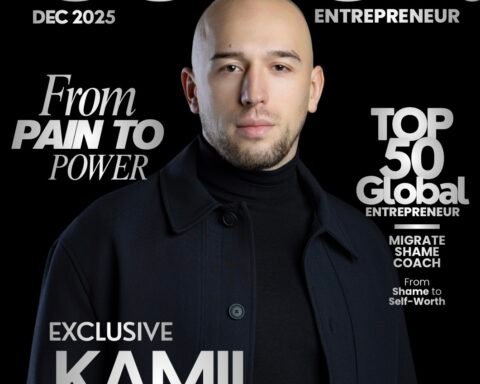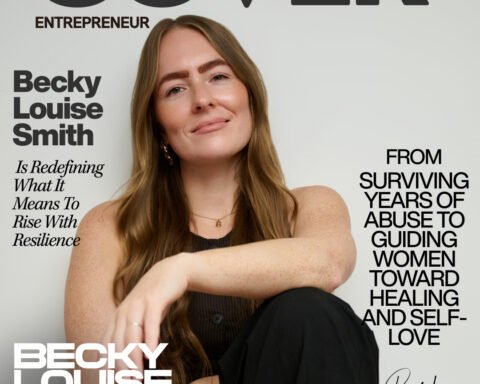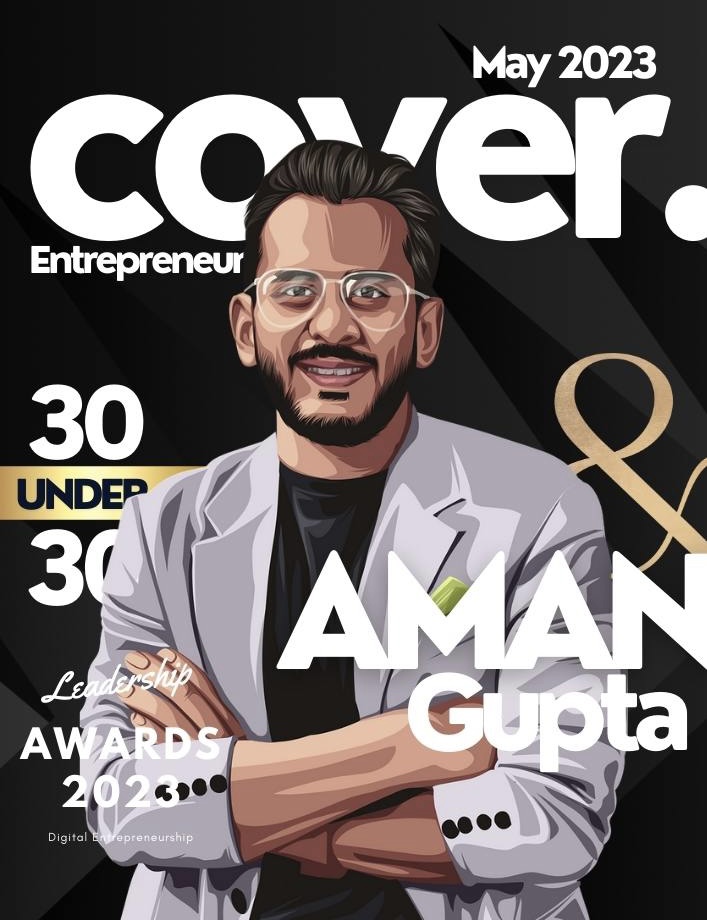Spooked by global uncertainty, and recent bank failures, VCs are playing extremely cautiously
First-quarter figures confirmed what most of us already knew; that VC funding in Europe, as in much of the world, is undergoing a serious correction. In Q1, European startups raised just $10.6bn, down 18% QoQ and 66% YoY. Spooked by global uncertainty, and recent bank failures, VCs are taking a pause and in contrast to the funding bonanza of the last couple of years, playing extremely cautiously with their investments.
A particular blow for Europe is the pullback of US funds, which have significantly slowed their deployment in recent months. In 2021, US investors accounted for around 55% of European VC funding, providing a substantial pool of capital to drive innovation, valuations, and cross-border partnerships. This support has dropped dramatically. In France, for example, US investments have dropped from 40% in 2022 to just 5% in Q1 of this year.
To compound the situation, non-traditional venture investors – such as hedge funds, corporations, or private equity funds – have also more or less dropped out of the market. Their contribution totaled only €8bn in Q1 of 2023, compared to a whopping €86.8m in the whole of 2021. It is late-stage firms who have been the hardest hit, with the unicorn birth rate at its lowest level in six years and quarterly IPOs falling by 47%, to their lowest level in almost a decade
So, what does all this mean for the long-term future of the European startup ecosystem? Should we be worried?
Hangover from the Covid bubble
If we look back over the last three years, the current correction seems inevitable given the frothiness of the pandemic period. Booming tech markets meant allocation towards venture exploded, high-velocity mega-funds like Softbank, Coatue, and Tiger made funding rounds seem easy, while startups were simultaneously cushioned by free money from governments.
VCs adapted quickly to rapidly changing circumstances, but the influx of cash and the speed of deal-making introduced sloppiness into funding rounds, storing up problems for the future. As due diligence was side-lined, funds failed to see that many business models wouldn’t sustain their growth or their inflated valuations post-lockdown. Many of the quick commerce, takeaway, e-commerce, and fintech ventures that secured funding were excessively risky, and the result is a wave of failures.
Under the froth, the foundations are still solid
But, despite the current reset, we still have strong foundations within the European ecosystem. Despite the explosion of funding in the last couple of years, nurturing startups is still a relatively nascent pursuit on this side of the pond, which has progressed enormously in the last two decades in terms of entrepreneurship, innovation, and venture capital.
This surge in entrepreneurial activity has given us the quality and depth of entrepreneurs to rival other startup ecosystems around the world, including Silicon Valley. More than 150 unicorns across 28 countries and 98 cities of Europe have given birth to the next wave of entrepreneurs, who bring ready networks, capital, and a ‘playbook’ of how to start, nurture and grow market-leading companies. Europe’s top 15 unicorns alone have produced more than 2,000 alumni founders, and that’s only the beginning.
When you consider that Europe is home to 10 of the world’s highest rank universities for computer science globally, more software developers than the US, plus supportive governments, there is no reason why the current drop in funding should be any more than a temporary blip.
Venture craftsmanship makes a return
For their part, European VCs have proved they can compete at a global level, with sophisticated investment strategies, and a track record of generating strong returns, both through IPOs and trade sales. While the latest funding figures might suggest otherwise, the sector still has plenty of dry powder to deploy, but after the fast and loose deal-making of the last couple of years, how they make and manage investments clearly needs to evolve. It is time to return to the ‘craftsmanship’ of VC.
Those managers who don’t focus on fundamentals, who have bloated portfolios, and who bring little added value to their portfolio will have serious issues in current market conditions. The race to deploy capital as fast as possible is over. Venture craftsmanship means focusing on business fundamentals and finding a path to profitability, rather than growth at all costs. It’s about spending time on due diligence to be clear on risks and realistic valuations, and being disciplined about spending, ensuring there is capital efficiency in deploying funds.
We are seeing an end to the transactional approach to venture, where term sheets are delivered after a first meeting. Chemistry and fit are now the priority, leading to deeper relationships with founders and an ‘activist’ approach, where investors add value over and above capital, by nurturing founders and providing guidance, contacts, and hands-on support, to help deliver fast but also sustainable growth.
Great entrepreneurs and businesses will prevail in Europe
Digital transformation continues unabated; by 2025, IDC predicts that $2.8 trillion will be spent on digital transformation – twice that of 2020 – and the recent hype of AI highlights how much innovation potential there is still to explore in so many areas. As we face huge problems across society in terms of climate change, pollution, demographic shifts, manufacturing, and supply chain disruption, technology will continue to be the primary motor for progress.
Ultimately, entrepreneurs are adaptable, and the most promising businesses have already adopted the growth metric mentality required to succeed in a “stricter” funding environment. Just like in the aftermath of previous bubbles, funding levels are unlikely to bounce back to the heights of 2021 and 2022 straight away. But, as businesses and business models come under deeper scrutiny, we will instead see a phase of more solid businesses, as the next generation of world-leading companies emerge. And as that plays out, Europe will continue to battle on the world stage as a leading destination for investment, cutting-edge innovation, and startup talent.
[ad_2]
Source link

















